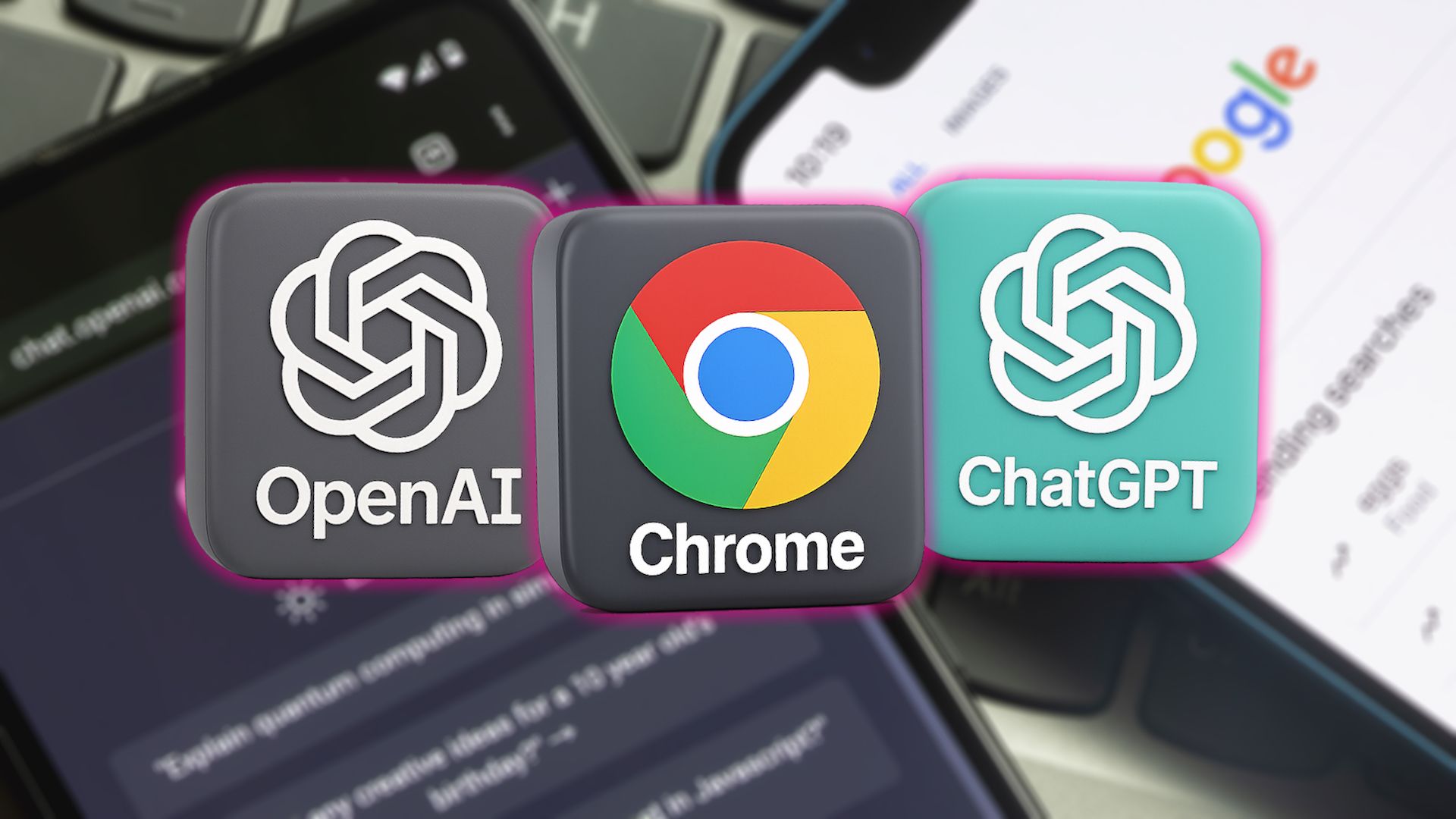
An OpenAI executive has testified that, if Google is forced to sell its Chrome browser, it would be the first in line to buy. Google is in the midst of a monopoly investigation regarding its enormous hold on tech—but selling Google Chrome to OpenAI would be even worse.
Why Would Google Have to Sell Chrome?
In short, Google’s antitrust trial is moving toward the reparations and punishment phase, and there is a strong belief that Google Chrome is on the table. Now, the Department of Justice hasn’t made any punishment level clear, but being forced to sell Chrome would definitely be one of the harshest.
It’s not out of the question, given Google’s stranglehold on the global browser market and internet search, both of which are under investigation. Indeed, the DOJ believes that Chrome is core to Google’s dominance, which is why its name keeps appearing alongside words like “monopoly” and “anticompetitiveness.”
OpenAI Wants to Buy Google Chrome
OpenAI is currently partnered with Microsoft. While Microsoft’s Bing search is decent, it’s not a patch on Google Search. And that’s what OpenAI ultimately wants: better real-world data for its upcoming AI models, and better results for its integrated web search features.
According to Ars Technica, Nick Turley, head of product for ChatGPT at OpenAI, said, “We believe having multiple partners, and in particular Google’s API, would enable us to provide a better product to users.”
So while the outcome of the DOJ’s investigation isn’t complete, there is likely to be some reshuffling of Google’s core products.
OpenAI Buying Chrome Would be Dreadful—and Doesn’t Make Sense
Given Chrome’s 4 billion users, it’s no wonder OpenAI is deeply interested in buying the browser. It’s an unprecedented number of preinstalls, just waiting for someone to tap into that data. Well, more than Google and its advertising partners already tap into that data.
However, the DOJ breaking up Google, only to sell Chrome to another enormous tech company deeply invested in data gathering and harvesting, doesn’t make sense. For users, it’s out of the frying pan and into the AI data collection fryer; there’s no win here. Why go to such lengths to break up one monopoly, only to hand the impetus to a company with similar focus and ethics?
It would almost certainly have a direct negative impact on Chromium, the open-source project underpinning not just Google Chrome, but Microsoft Edge, Opera, Brave, Vivaldi, Arc, and many more. Does Chromium maintain its independence?
And moreover, how much do people really want complete AI-integration throughout their browsing experience? Google’s AI Overviews directly contribute to numerous websites losing web traffic, with many popular sites losing writers and curtailing content. Who really wants a web where the only content is written by AI?
Furthermore, I’ve tried using ChatGPT search instead of Google. It wasn’t fun.
Turley also said that if OpenAI were to buy Google Chrome, the company would “have the ability to introduce users into what an AI-first experience looks like.” What that AI-first experience looks like is unknown, but if it’s anything like Google’s AI Overviews, the future of the internet may be bleaker than we realize.







Leave a Comment
Your email address will not be published. Required fields are marked *